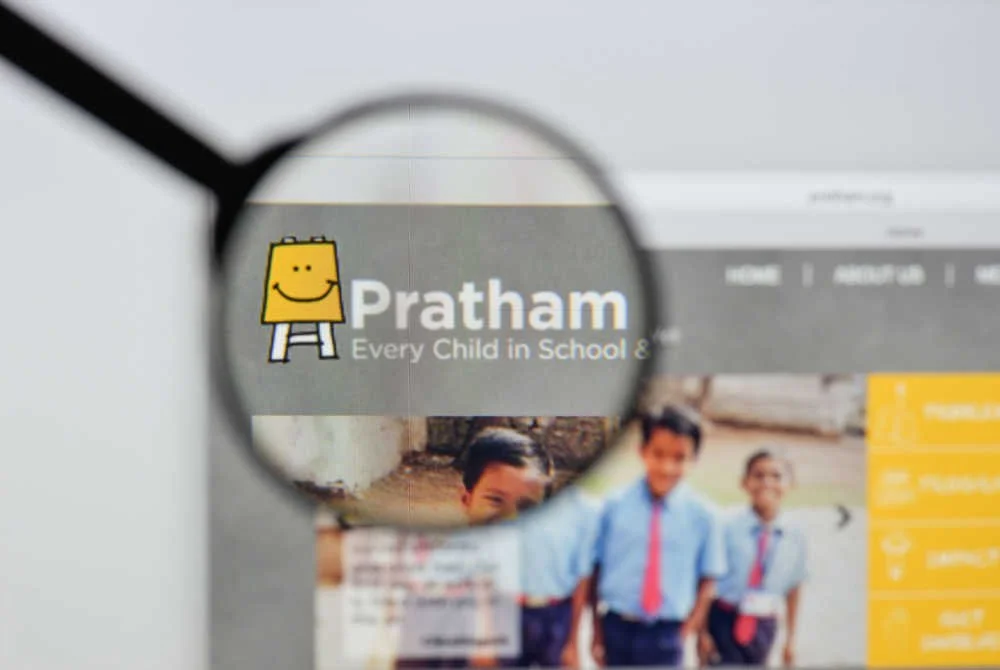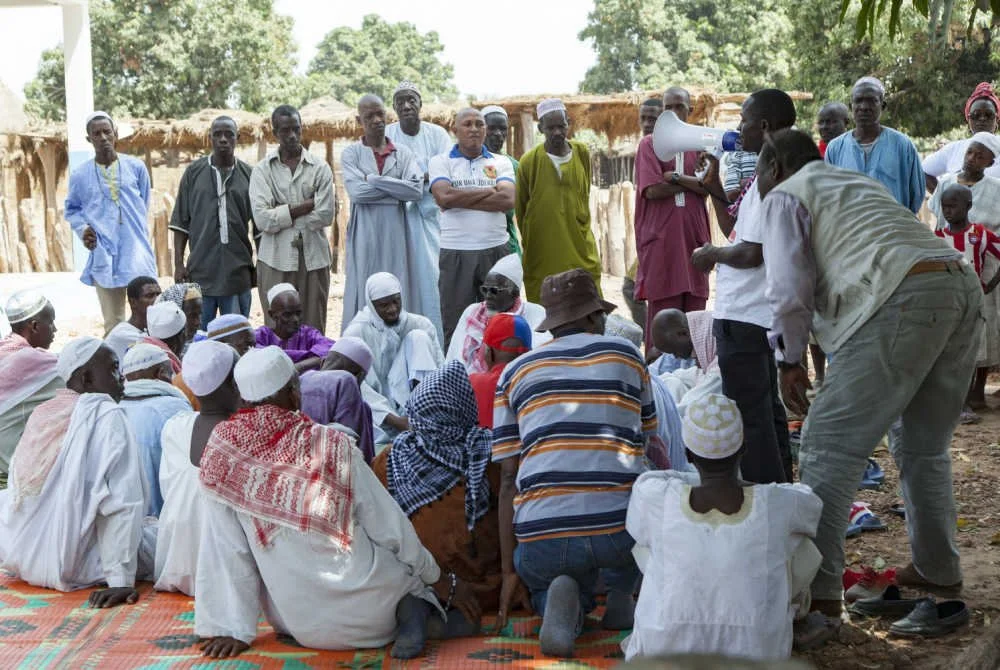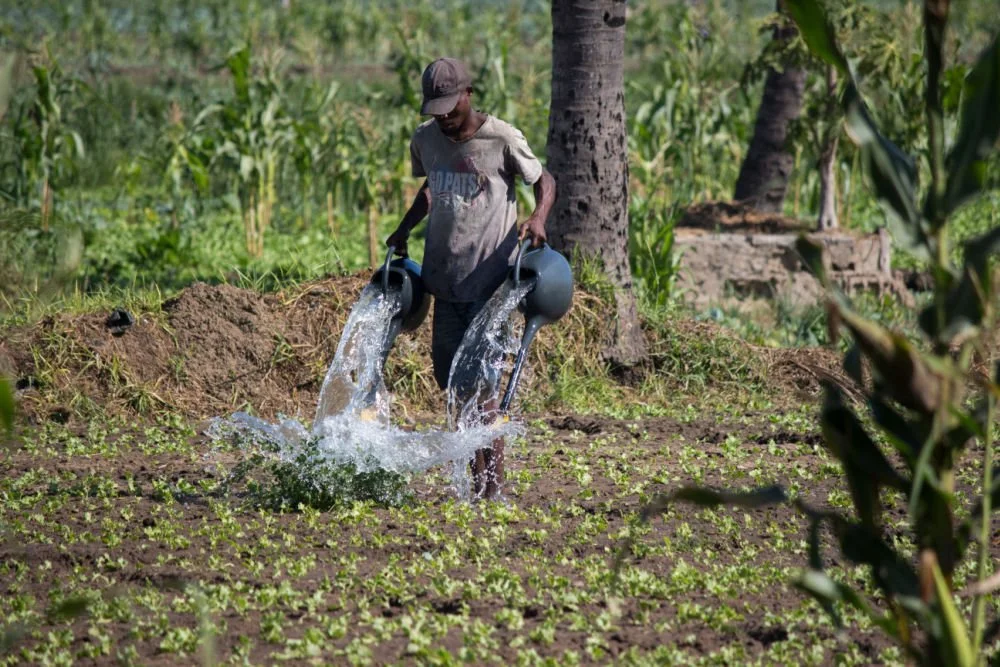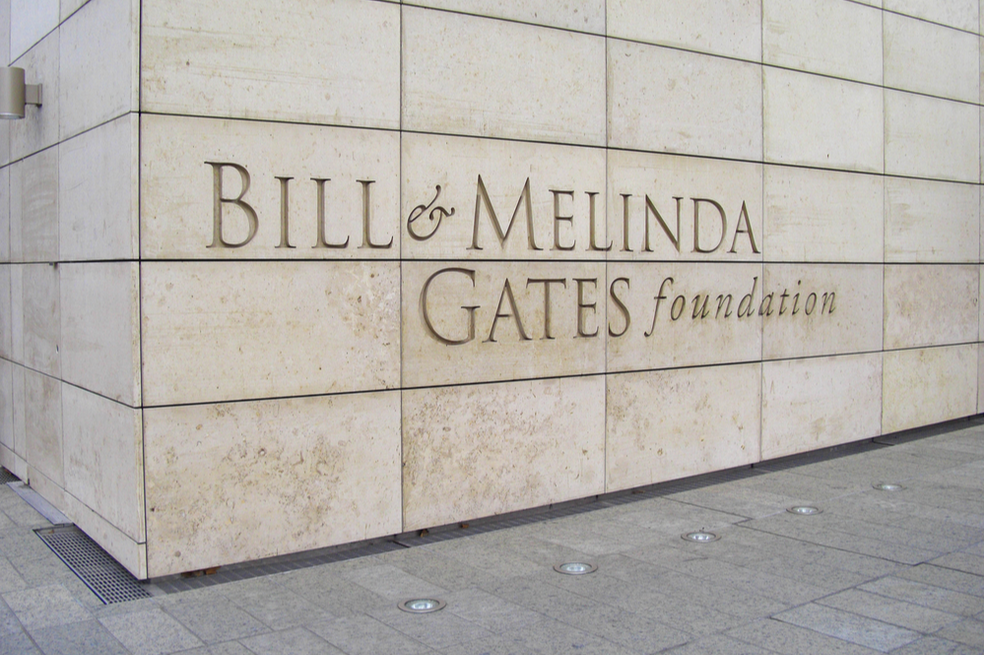A Leader in Global Education Aims to Do More, With a Focus on the Most Marginalized
/School children in skardu, Pakistan. khlongwangchao/shutterstock
Western Union knows how to evolve. Since its founding in 1851, it’s shown the ability to change with the times, transforming itself from a communications giant that delivered telegrams to a financial services firm that delivers money in minutes to 200 countries and territories around the world.
Now, its foundation is showing the same agility, extending its longstanding support for global education to areas that are rocked by conflict, and focusing on helping waves of refugees join the global economy.
A Focus On Global Education
The best corporate foundation strategies play to the strengths of the companies that share their names. In Western Union’s case, that means education and the ability to work across borders. Education is essential to Western Union’s (WU) business model. More than 25 percent of its current customers transfer money for educational purposes. Its teams move more than $7 billion in principal for education each year—an estimated nine transactions a second. And the company’s reach is global. With 500,000 agent locations on the ground, WU’s network for getting cash to nearly any corner of the world is hard to match.
The Western Union Foundation’s focus on global education seems a natural extension of those fortes. Since its inception, WUF has supported its mission with grants of $124 million, working through more than a thousand organizations in 174 countries. Its annual grantmaking averaged just under $5 million over the past three years. In 2018, all but 30 percent of WUF’s funding came from the corporation. Three percent more was raised through business partners.
Evolving Programs
As previously reported in Inside Philanthropy, WUF launched an Education for Better campaign—a combined philanthropic, cause marketing and employee engagement initiative—in 2015, with the goal of bringing quality education to underserved communities around the world. The campaign wrapped this year after investing north of $13 million in global workforce and skills training, and according to WUF, impacting 75,000 people.
Like a number of foundations, WUF announced its newest initiative, Opportunity Beyond Borders (OBB), on the sidelines of the 2019 U.N. General Assembly. OBB is a three-year, $15 million collaboration with “global NGOs to provide migrants, refugees, women and young people with 21st-century job skills.” In a panel discussion at the Concordia Summit, Elizabeth Roscoe, Western Union’s Global Head of Corporate Brand and Purpose, said that while the foundation has long addressed equal access through education and skills training, it’s now concentrating on helping people who’ve been forcibly displaced get a fair shot at integrating into an increasingly tech-driven economy.
WUF wasn’t the only funder announcing efforts to meet SDGs during the week of the U.N. General Assembly. The LEGO Foundation and Pro Futura, a funding collaborative of the Telefónica and La Caixa foundations, made commitments to Education Cannot Wait, the first global fund dedicated to sustaining education during emergencies and extended crises. A consortium of funders, including Open Society Foundations and Humanity United, committed to advancing a Future with Fair Work. And the Rockefeller Foundation announced a major initiative to deliver data science innovations to frontline workers in underdeveloped parts of the world.
Going forward, Elizabeth Roscoe says the Western Union Foundation will work across five continents: Africa, Asia, Europe and North America. Opportunity Beyond Borders will concentrate on 25 countries that represent Western Union’s top markets hosting large numbers of refugees, including Uganda and Pakistan.
The commitment has three prongs: research, programs and a grantmaking challenge.
WUF expects its research partnership with the Center for Global Development to deliver two to four concrete policy changes within the next three years. Along with the IKEA and TENT foundations, it’s also funding research to help refugees in Columbia, Kenya and Ethiopia access formal labor markets.
Programming is already off the ground. OBB partnered with Techstars Foundation on two programs to help marginalized youth develop business skills. A project with MIT D-Lab in Greece will help women refugees build the skills and confidence they need to start their own businesses, and a Watson Institute grant will help the next generation of leaders gain skills and resources.
The foundation also issued an open grantmaking competition to grassroots nonprofits working within its mission space. One million dollars in grants is available, and winners will be announced in early 2020. Details on applying can be found on wu.com/foundation later this month.
Related: As Western Union Foundation Shifts its Education Giving, Refugees Loom Large







































